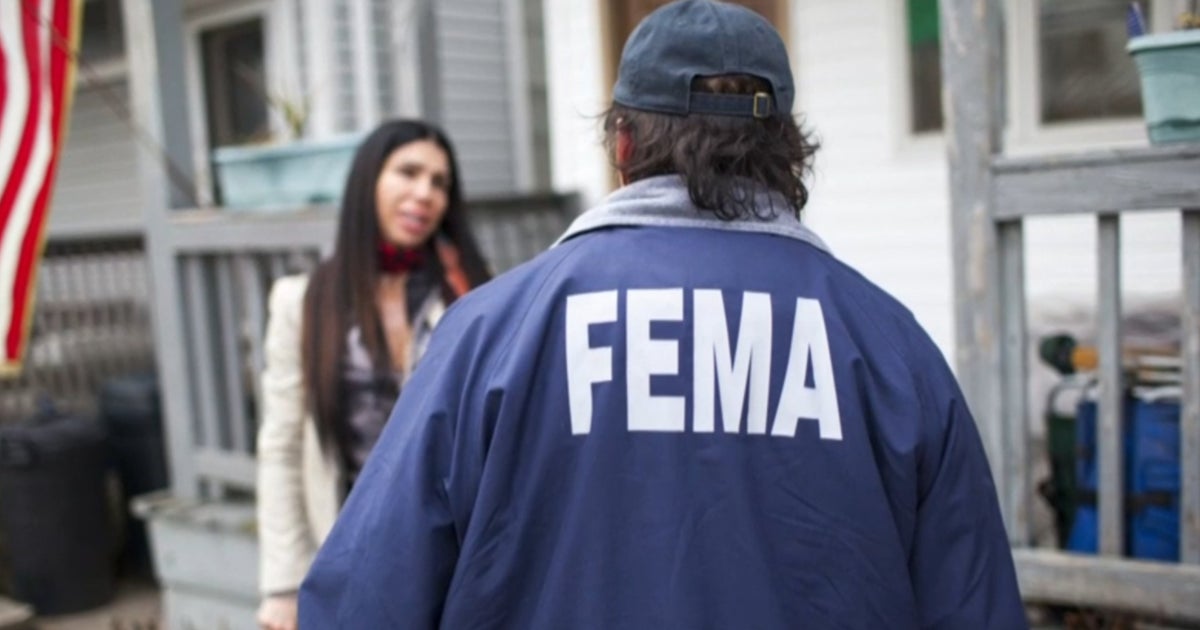FEMA Plans Significant Shift of Disaster Recovery Responsibilities to States Ahead of Hurricane Season
FEMA's acting chief announces a strategic pivot to empower states for disaster recovery during the upcoming hurricane season following internal reviews and agency transformations.
Subscribe to unlock this story
We really don't like cutting you off, but you've reached your monthly limit. At just $5/month, subscriptions are how we keep this project going. Start your free 7-day trial today!
Get StartedHave an account? Sign in
Overview
FEMA's acting chief, David Richardson, announced plans to transfer disaster recovery responsibilities to states in preparation for hurricane season, reflecting the Trump administration's intentions to downsize federal oversight. Preparations are reportedly hindered by staffing issues, as noted in internal reviews. While some states are deemed ready for disasters, concerns arise regarding the capacity of other states to manage the financial burden without federal support. The shift marks a significant potential change in how disaster management is approached in the U.S., coinciding with an increase in climate-related disasters.
Report issue

Read both sides in 5 minutes each day
Analysis
- FEMA's acting chief plans to shift disaster recovery responsibility to states as part of an overall agency transformation, aiming to strengthen state capabilities while reducing federal involvement.
Articles (3)
Center (2)
FAQ
FEMA's decision is part of a broader effort by the Trump administration to downsize federal oversight and empower states to take more responsibility for disaster response and recovery. Additionally, the agency is undergoing internal transformations to adapt to changing disaster management needs.
States with limited financial resources may struggle to manage the financial burden of disaster recovery without significant federal support. They might rely more heavily on nonprofits and community-based efforts, which are not capable of providing the same scope of services as FEMA.
The shift could lead to uneven recovery efforts, with wealthier states recovering faster than poorer ones. It may also impact the ability of communities to build resilience against future disasters, as federal support has been crucial in transforming recovery into an opportunity for strengthening communities.
History
- This story does not have any previous versions.
